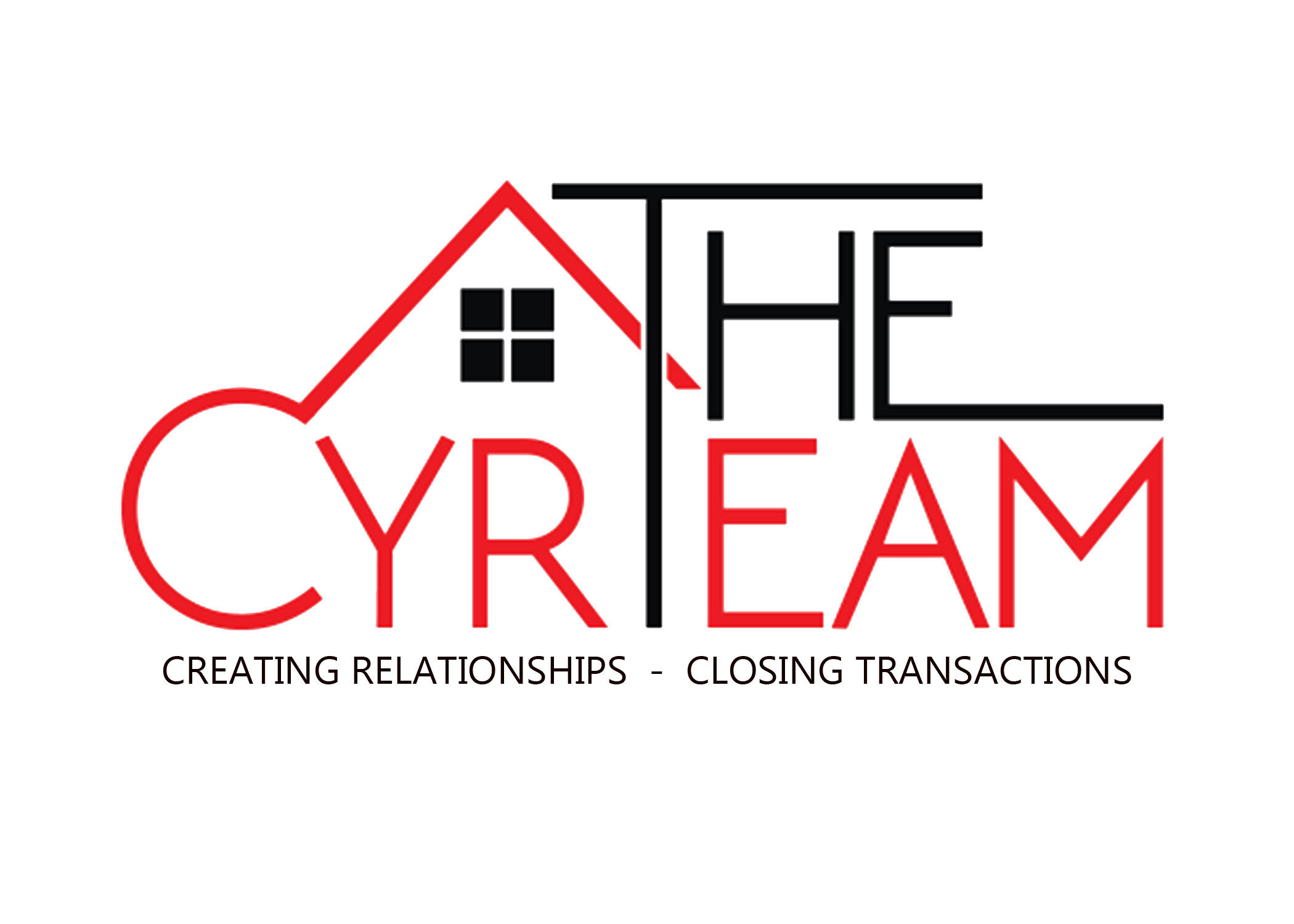Estate planning is something we all have to face in life. The sooner you can start planning the better. The older you are, the more important it becomes to have all your legal and financial ducks in a row. If you own a home, it represents a significant financial asset. What will become of your property when you pass away or if you reach a point where you are no longer able to make these important decisions for yourself?
Get Real About Your Estate
For many families, real estate holdings are going to be the largest financial assets owned. The value of a home—especially if it is paid off—may far eclipse what you have tucked away in savings (including pensions, IRAs, 401(k) plans, etc.). If money is still owed on the property, then that brings another level of complication when figuring out how it is handled by your heirs. These reasons are why you need to have some form of an estate plan in place. This will protect your financial assets and your beneficiaries when the time comes.
Components of an Estate Plan
Most people tend to think of an estate plan being the last will and testament. Having a legally binding will in place is certainly a good start. It should spell out who gets what in the case your passing. This will obviously include any real estate you own, along with other financial assets that need to be properly passed onto your heirs. However, a will may only be one component of a full estate plan. There may be many other issues to consider and additional contingencies to plan for beyond just your death. Here are a few of the other legal documents you may want to have in place:
Living Will—As opposed to a standard will, a living will spells out what will actions will take place if you are no longer capable of making decisions for yourself. You may be mentally and/or physically incapacitated and this document ensures your directions are followed. This will include what happens to any real estate holdings, as well as your medical care preferences.
Power of Attorney—This provides written authorization for someone else to represent you and act on your behalf when it comes to your legal matters. It may work hand-in-hand with a living will to make sure the right person (or people) are in charge if you are no longer able to make decisions. You may also designate a health proxy specifically for your medical care needs
Trusts—There are many different types of trusts that enable you to transfer ownership of a property to another party (the “trustee”), who has the responsibility to manage the property. Different trusts may come with different powers and restrictions for the trustees and beneficiaries. It is smart to work with an experienced attorney to help find the right trust solution for your specific situation.
Life Insurance—Your life insurance policy will also play an important role in helping to protect your financial assets and making sure your beneficiaries are taken care of after you are gone. Your insurance plan can work alongside your will and any other components of your estate plan to provide the best coverage for you and your family.
These are just a few items to consider. Whether you have a significant amount of wealth and assets, or your home is where most of your money is tied up, it’s important to have the right pieces in place.
When to Start Estate Planning
Homeowners will want to start thinking about their estate plan as soon as possible, since you never know exactly what will happen. Who will inherit your property and which legal strategies will provide them with the most financial benefit and fewest estate tax liabilities? It’s never too early to get your estate plan in place. Then, it should be reviewed and updated regularly to reflect significant changes in life (marriage, divorce, children, grandchildren, health events, etc.).
Then there are those who have aging family members (elderly parents, for example) with property you might stand to inherit someday. Take some time to talk with them and make sure they have all the right estate planning documentation in place. Help them make good decisions and be prepared for anything that life—and yes, death—may offer. You don’t want to find yourself in a situation where inheriting a property turns out to be more of a burden than a blessing.
Proper estate planning can also help reduce stress and complications when dealing with a death or major medical event within a family. You will already be going through a lot emotionally. It’s extremely helpful to have all of the legal and financial issues sorted out in advance to make everything go much smoother.
For help with selling a family home or an inherited property—or just for some professional advice when considering your real estate holdings as part of your overall estate plan—contact The Cyr Team today.

